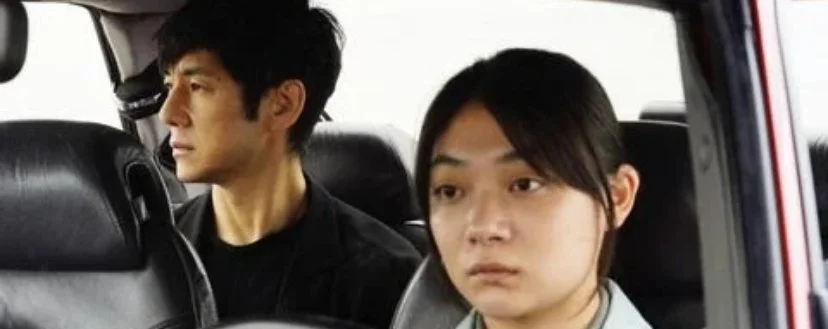I’m really going to try hard not to complain too much about the National Film Society of Critics voting “Drive My Car” Best Picture, but do tell me if I go too far here.
Ryusuke Hamaguchi’s film is a three hour Japanese film that only critics and high-brow hardcore film snobs seem to know exists. It’s a very good film, albeit a trepeditiously slow one; the New York, Boston and Los Angeles film critics groups already named it their Best picture of the year. So what’s the point exactly of the NFSC naming it again the best of the year?
This is an honest-to-God serious question on my part.
Best director went to Hamaguchi. Best actor went to the star of the film, Hidetoshi Nishijima. “Drive My Car” also won Best Screenplay. Basically, the NSFC, and all these other groups, are saying “American cinema sucked and we’re just going to go for the 3-hour Japanese arthouse film.” And, again, I don’t mind that, but, as Joe Biden would hilariously say, “C’mon man!”
You see why we don’t have a Best Picture frontrunner for the Oscars this year? Because critics groups have decided that no American film could be close to Hamaguchi’s epic. But they have. Jane Campion’s “The Power of the Dog” is masterful. Paul Thomas Anderson’s “Licorice Pizza” takes so many risks in its narrative that it threatens to implode, and the fact that it doesn’t makes it feel like a breathlessly delivered one-of-a-kind experience. Ditto Sean Baker’s “Red Rocket,” a depiction of Trumpian America that many just don’t want to acknowledge.
I could go on and on. On the foreign side, Achitapong Weersethakul’s hypnotic “Memoria” was far riskier and ambitious than “Drive My Car.” Ditto Cannes polarizers Leos Carax’s “Annette,” and Paul Verhoeven’s “Benedetta.” Celine Sciamma’s “Petite Maman,” and Julia Ducournau’s “Titane” also deserved much more awards love this season.






